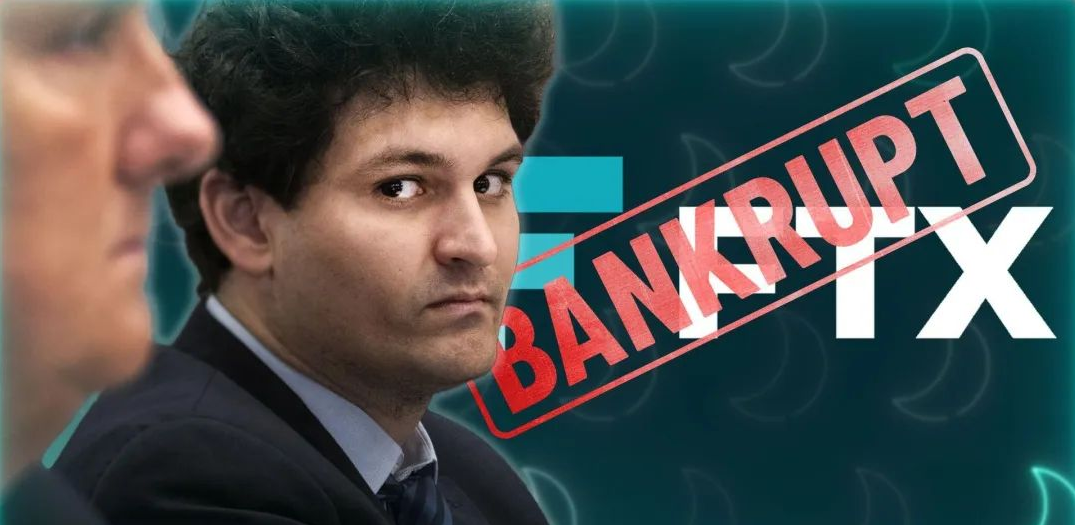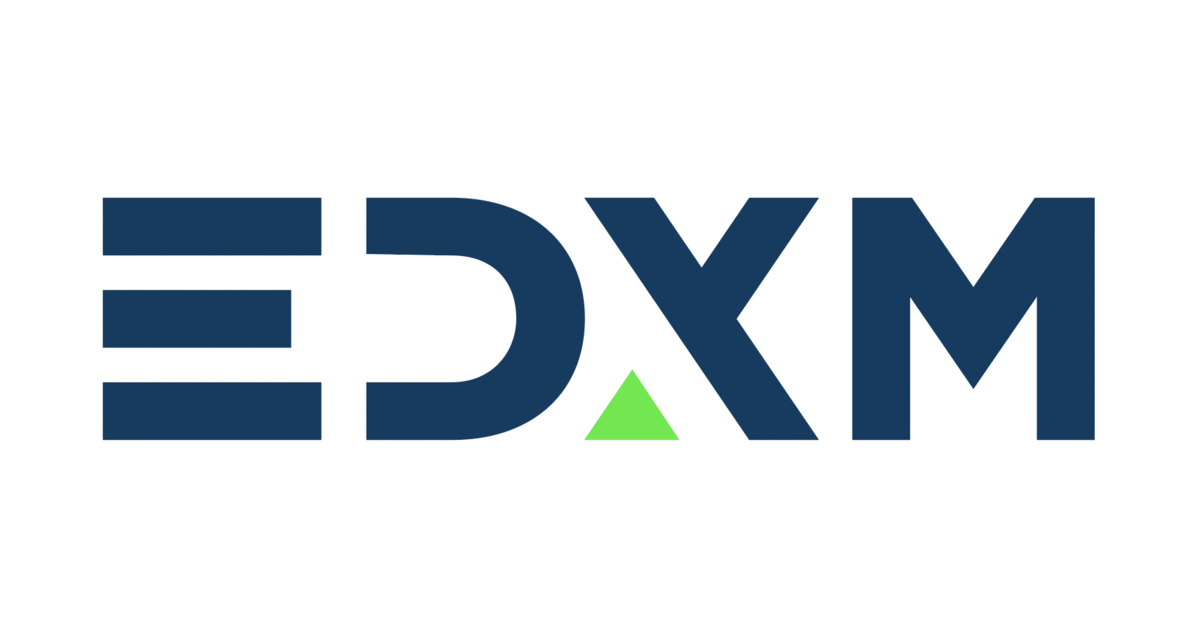On the eve of the currency, who buried the invisible bomb for the Telegram?
Text | Aloe
Produced | Odaily Planet Daily
The field of cryptocurrency and blockchain is experiencing “cleaning up” by US regulation.
Telegram Open Network, the blockchain project of Telegram, the world's largest encrypted chat software, was also hit by the US SEC (US Securities and Exchange Commission) with a pause button, facing the possibility of returning $1.7 billion.
- QKL123 market analysis | OTC transactions that cannot be ignored, different regions (1016)
- Interpretation of Wanxiang Blockchain Research Group: Viewing the Eccentric Development of Ethereum and Blockchain from Devcon5 Conference
- Speed Reading | USV Li Li, Ethereum Developers Conference 6 years speech full collection summary
What makes the concern of the followers difficult is that the moment of emergency stop, there is only less than one month left from the TON main online line (October 31).
Previously, many unnamed projects were subject to US regulatory penalties, requiring the return of all “illegal gains”. As for well-known projects, BitMEX, the world's largest futures exchange, and USDT, the most widely traded stable currency, have been shut down in the United States.
EOS, the largest ICO project in history, has paid millions of dollars, which is the best ending. The US version of "WeChat" Kik and Facebook blockchain project Libra are still suffering from repeated financial pressures in the United States.
In the confrontation between cryptocurrency companies and the US regulatory authorities, most of the blockchain projects are subject to high fines; a few energetic projects choose to embark on the long road of resistance, but it is difficult to reverse the trend; The blockchain project simply declared the project to fail.
All the results prove that regulation is a stronger one.
The US SEC's iron fist action, on the one hand, found an export of rights for amaranth; on the other hand, for emerging blockchain projects, regulatory uncertainty is still an urgent problem to be solved. Telegram shouts "Try to communicate for 1 year. Half but no results seems to be a testimony.
Whether it is the operation of killing before or after the fall, the cryptocurrency field is cast a shadow.
 Telegram's long road to currency
Telegram's long road to currency
I believe that Internet people are no strangers to Telegram.
In 2013, the Russian genius geek Pavel Valejevich Dulov founded the "Encrypted WeChat" Telegram in Germany. Its biggest feature is that it can encrypt the conversation content and support setting chat history. Timely destruction, support for one-click deletion of accounts and data.

Dulov is famous for his privacy-oriented attitude. He was banned by Russia for his tough rejection of Russia’s request to view chat content within Telegram. In order to maintain the independence of Telegram, Durov has been supporting Telegram's operation and maintenance costs for a long time.
Because of this, Telegram has become the preferred communication tool for many privacy enthusiasts and blockchain communities. The data shows that its monthly users exceeded 200 million in 2018, and today's downloads reach 365 million.
In 2017, Telegram launched the blockchain project TON after five years of unpaid operation, and raised $1.7 billion in the year, becoming a well-known event in the history of blockchain financing.
TON, the full name of Telegram Open Network, aims to establish a blockchain operating system for Ethereum. The founder proposed the concept of “fifth generation blockchain”. The blockchain technology used to cover multiple chains, PoS and BFT, smart contract support, tight coupling, sharding, developers can develop various decentralized applications based on TON; TON's online blockchain wallet in the fourth quarter of this year, thanks to Telegram's user base, TON aims to encourage more Users participate in the virtual currency (Grams)-based economy, through the wallet, users can complete all kinds of payment, investment, shopping, and even red packets on Telegram.
According to Anton Rozenberg, a former employee of Telegram, TON will help people under government oppression to transfer funds locally via SMS. Although TON's goal is to be a public chain, some investors believe that Telegram is an emergency blood transfusion. TON's token Gram is also seen as a source of expansion for Telegram's “no business model community” Telegram.
At that time, in order to avoid the US SEC regulation, Telegram canceled the lCO for the public, but the enthusiasm for private placement still exceeded expectations. 175 investment institutions injected a total of $1.7 billion in financing for TON within two months. Participants include well-known investment institutions such as Sequoia Capital and Benchmark. In addition, due to the large number of investment agents, many individual investors also participate in the actual number, the total number is difficult to count.
Although the fundraising was smooth, the development of TON's project was not satisfactory.
The TON, which was originally planned to be put into use last December, was delayed several times due to serious delays, which was delayed by almost a year.
The reason why the main network release has received much attention is not only because of the two years of anxiety waiting for the end of the day; in addition, Telegram's Gram token purchase agreement shows that if the Telegram Open Network (TON) is on October 31, 2019 If the day has not started, Telegram's Gram token purchase agreement will be terminated and the funds raised will be returned to investors.
This means that TON will not issue Gram tokens as promised to issue the main network, and $1.7 billion will raise funds or return them to investors.
 The main network is about to go online, and the supervision will kill
The main network is about to go online, and the supervision will kill
Everything was in full swing before the final deadline.
In August of this year, the TON Chinese community announced that the TON core code has been basically completed and will officially begin beta testing on September 1. On September 7, TON announced that it had entered the final preparation phase before going live, and the code for running the blockchain node was released on the test web portal later Friday. Developers and community members interested in TON can already start using full nodes, validator nodes, and blockchain resource managers. On September 25th, Telegram officially announced the latest programming contest of TON, the task is to build smart contracts for the TON blockchain platform; the trading platform even announced that it will become one of the first trading platforms to provide TON native token Gram. Oleg Jelezko, one of TON's main investors, claimed to be "sighed with relief."
A SEC's paper limit order apparently stopped the TON in the accelerated run.
On October 11, the SEC announced that it had filed an “emergency action and a temporary restraining order” against two offshore entities of Telegram's TON ICO.
The SEC alleges that Telegram did not register their Gram tokens (as securities) for offers and sales in accordance with the registration requirements of the Securities Act of 1933; in addition, Telegram failed to comply with securities. The law requires investors to be provided with information about the business operations, financial status, risk privacy and management of the Gram Token and Telegram.
This ban almost wiped out the last flame of "Telegram". The next day, Telegram's official telegraph group TON Board announced a temporary shutdown; TON's private equity investors have been informed and asked for advice on whether to accept the TON token Gram for one year extension, which means that Gram agrees to postpone the extension. No more than half, then TON will need to refund on October 31.
At the same time, Telegram is trying to reconcile with the SEC, and CNBC host Ran NeuNer tweeted the matter. If the two settled, Telegram would need to pay the SEC $10.2 million.
Tomer Ravid, CEO of BloxTax, said that the nature of TON may be more serious than EOS, because EOS has almost no other business before ICO, so there is nothing to disclose. However, Telegram is a technology giant with a long-standing business and should disclose more information to the public. In addition, the allegations mention the possibility of a fraudulent investor in Telegram, not for Block.One.
In response to the US SEC's emergency stop TON, Telegram also gave a counterattack.
Telegram said in a letter to investors that he was surprised and disappointed that the US Securities and Exchange Commission (SEC) chose to file a lawsuit against its token transaction and claimed that he had been trying to contact the SEC "in the past 18 months". Request feedback on its TON blockchain project.
The SEC said in the lawsuit that it asked Telegram to respond to an administrative subpoena, but refused to do so. Partly because of this refusal, the SEC stated that it had no choice but to file a lawsuit.
Telegram responded to investors and will “take a little rest” to get a clearer picture of the legal status of the TON project and its Gram tokens. The company is evaluating whether it is necessary to postpone the TON that was scheduled to be launched on October 31.
 Blockchain projects that are targeted by the US SEC
Blockchain projects that are targeted by the US SEC
Telegram is not the first blockchain project to be targeted by the US SEC.
Since the ICO became popular in 2017, the US SEC has successively sued dozens of illegal ICO projects in the past two years.
Throughout the US SEC's reasons for prosecution, false propaganda and securities registration are the mainstays. The former aimed at exaggerating the proceeds in the cryptocurrency project, fabricating the partnership, concealing the company's financial status, etc.; the latter was based on whether the issue of the token was a securities token, and the securities attribute token was not registered with the SEC, violating the On the grounds of securities regulations, the blockchain project was declared an illegal ICO project.
Recently, it was affected by Libra, and the US SEC attacked it. According to PANews, in August 2019, the US Securities and Exchange Commission had already accused 6 cases involving ICO project companies, digital asset exchanges, and blockchains. Technology companies, rating companies, etc.
Faced with the US SEC, different companies have different approaches.
Because of the high cost of litigation, the withdrawal of capital and capital is the choice of most blockchain projects, and it is also the result that the US SEC is more willing to see.
In December last year, Basis, a stable currency that received a total of $133 million in financing from the world's leading traditional venture capital, issued a community open letter announcing that due to regulatory pressures, it has now “decided to return funds to investors” and will also close the Basis project. The letter pointed out that because "the US securities regulation is not applied to the system, our ability to start Basis has a serious negative impact."
If you do not take the initiative to withdraw funds and stop the shipment, it is inevitable to pay the fine. At present, the amount of the publicly penalties ranges from 260,000 to 24 million US dollars. According to the SEC's ticket to the EOS parent company Block.one, the fines occupy the ICO. The total amount is 0.58%.
There are also more fortunate people. In September, the US Securities and Exchange Commission (SEC) accused EOS parent company Block.one of the initial issuance of unregistered digital tokens (ICOs), raising approximately $1 billion in funding in about a year.
Since then, Block.one, which has been "rich" and has issued a currency for one year, announced a settlement with the SEC by paying a civil fine of $24 million. In addition, Block.one also stated:
“The SEC also approved an important exemption for Block.one, so Block.one will not be subject to certain current restrictions that would normally apply to such agreements.”
Compared to Block.one's "spending money" mentality, Kik, who is a social software coin with Telegram, is obviously more aggressive.
Founded in 2009, Canada's "WeChat" Kik has received investment including Tencent, Union Square Ventures and Spark Capital for two million users in two weeks. At the end of 2017, Kik raised $98 million through ICO to support its blockchain project, Kin. However, on the third day of Kin's release, it received a warning from the SEC that Kik had sold Kin in the absence of a right to issue securities and had violated the securities laws.
The two have argued for two years on whether Kin should be defined as a security or a cryptocurrency. In June of this year, the SEC sued Kik for the “seven sins” of Kik. In the face of SEC allegations, Kik CEO Ted Livingston stated that “the SEC has highly chosen the facts and circumstances of our 2017 sterling pre-sale and distribution activities. Sexual and seriously misleading description.” Once again against the US SEC, and through a dedicated website Defend Crypto launched a $5 million encrypted crowdfunding campaign to seek a longer battle with the US SEC.
It is worth noting that in response to the DefendCrypto crowdfunding activities, there are a number of industry companies that are on the road to compliance, including Circle, ShaPeShift and Messari.
 From the post-autumn account to the killing of the currency, it is difficult to supervise
From the post-autumn account to the killing of the currency, it is difficult to supervise
The fate of Telegram is unknown, and people are focusing on the hearing on October 24.
According to TT's private shareholders, the TON team has contacted private investors and is still considering whether to continue to fight the SEC or accept a refund.
This investment seems to be boiled down to three possibilities: 1. Help TON contact the SEC, try to get the SEC and TON to properly resolve the dispute; 2. Negotiate with TON, receive a refund for the investment; 3. Worst case, the SEC If you don't want to solve it properly with TON, TON is not willing to refund, and the cost of filing a lawsuit against TON is very expensive, so you can only use this investment as a sunk cost.
Market observations, the US SEC seems to have settled from the ICO in the fall, in order to kill in the cradle. This TON is one of the cases of fundraising but not issuing coins.
Therefore, some media began to predict which of the next blockchain projects that will be targeted will “who will be spent”? And concluded that the same amount of financing, and the tokens have not yet circulated projects: Filecoin and DFinity, is likely to become the next target of the SEC, causing community discussion.
Is the regulation terrible? If the law on the field of cryptocurrency is clearer, some uncertainty may actually be removed.
However, the SEC has been criticized for not being clear about cryptocurrency and ICO.
Since the main regulatory scope of the SEC is securities, some cryptocurrencies claim to be “currency”, and it is difficult to reach an agreement between the two.
According to the chain law team, the current Howey test is the primary method for judging whether a digital asset constitutes an investment contract on US securities law. However, because the test method is more abstract, there are more uncertainties in the actual application.
If the regulation is still uncertain, relying on the case to let the blockchain project guess the regulatory intent is a sword of Damocles.
Kik founder Ted Livingston once published his position on the standpoint of resolutely not reconciling with the SEC, he said:
“Because we believe that most of the blockchain teams are small in scale and limited in financial strength, and they are unable to conduct effective dialogues with the regulators. In the end, they will always choose to stay at ease, which will eventually lead to uncertainties and uncertainties in the cryptocurrency industry. Someone must stand up and confront the regulators."
Kik hopes to quickly advance the litigation process, meet with the SEC in court as soon as possible, and remove the uncertainty of cryptocurrency regulatory policies through legal means to promote the development of the industry. Ted Livingston said that it is in this consideration that the “defend cryptocurrency Defend Crypto” campaign will be launched, hoping that the encryption industry will support the company’s legal battle with the SEC and defend KIK’s dispute over whether ICO has regulatory risks in 2017. Own rights, and more hope to extend the goal to support all blockchain companies facing SEC regulatory risks.
“When we talked with industry insiders, we always talked about 'the SEC thinks', we have to stop living in this fear. We all know that encryption technology is the next big trend, but we brought ourselves on the global stage. The fundamental obstacle, the only way to understand what the SEC thinks is to go to the court,” Kik CEO Ted Livingston said in an interview.
We will continue to update Blocking; if you have any questions or suggestions, please contact us!
Was this article helpful?
93 out of 132 found this helpful
Related articles
- US lawmakers: If Facebook can use Bitcoin directly, there will not be so much trouble.
- Competing for "5G+ blockchain"! The relevant person in charge of China's three major telecom operators confirmed to attend the World Blockchain Conference·Wuzhen
- Lava open source opens a new era of PoC ecological development
- Twitter Featured | Institutions secretly open positions, buy 250 million US dollars in cryptocurrency in the third quarter
- Multinational giants retired Libra, but also organized the six international blockchain alliances
- Decoding technology community: Github blockchain code library exceeds 50,000, this is the most concerned
- The 18 millionth bitcoin will be dug out this week, and the remaining 3 million bitcoins will still need 120 years.






